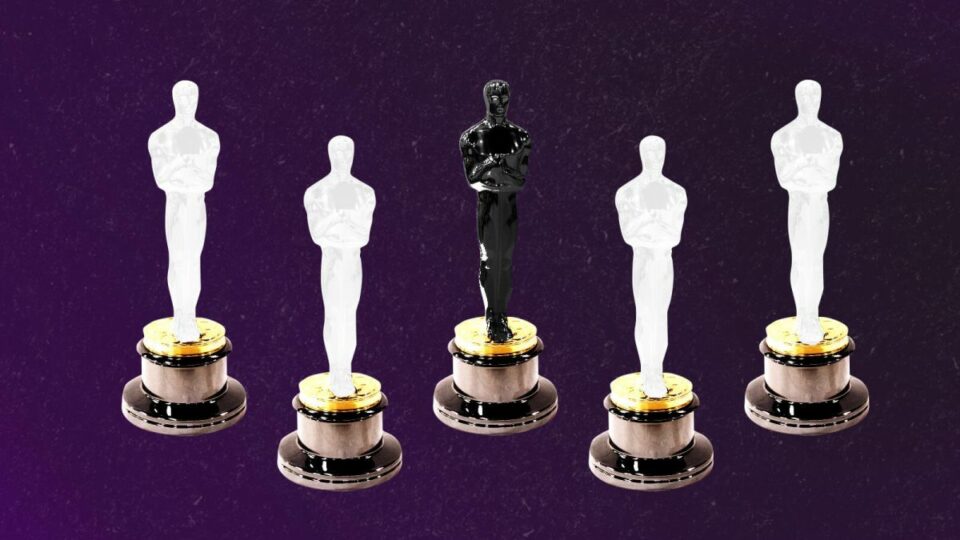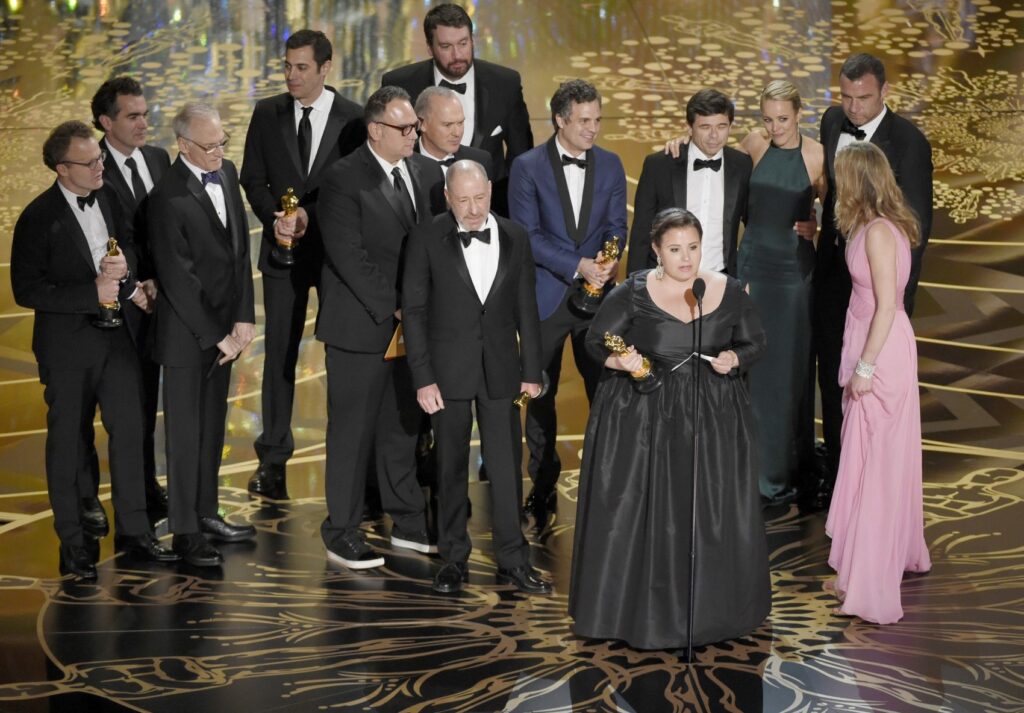In the last several years we’ve seen a major push by activists and the majority of the industry call out and demand equality across the board in the production of both tv and film. Famous celebrities, too many to list, have tweeted and otherwise endorsed this call to action. It has represented a turning point for sure.
There are still questions about whether the entertainment industry is acting fast enough to join the national movement toward inclusion. There are also questions about the appropriate way to go about balancing the scales while being fair to the overall talent and administrative pools.
The demand for better racial representation has also been echoed with a demand for less abuse, better wages for the skilled labor behind the scenes, more transparency from studios, gender inclusivity, and accountability of leadership.
But these discussions begin to get cumbersome because the solutions to each problem have elements unique to the problem. And the media hasn’t elevated enough voices with the answers for the majority of the public to make sense of what’s happening and what needs to be done about it.
Taking one issue at a time, let’s look at the conversation and the solutions to them.
Gender Equality
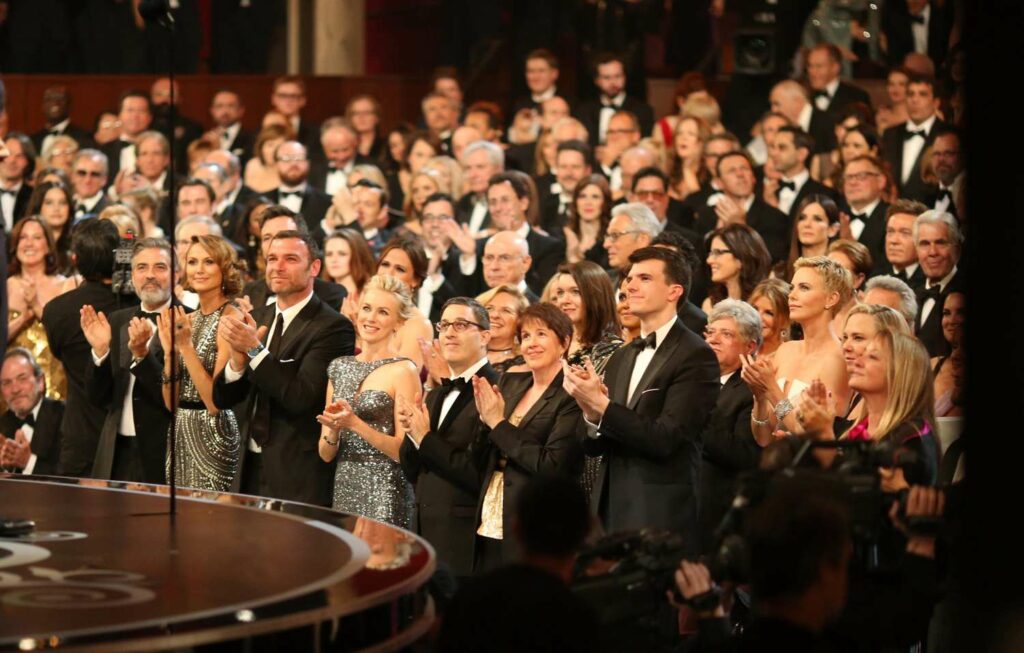 This particular issue is widespread as it not only deals with the fair contractual treatment of female counterparts in the industry but also the LGBTQ community.
This particular issue is widespread as it not only deals with the fair contractual treatment of female counterparts in the industry but also the LGBTQ community.
Women in front and behind the camera have long been on record that they have received unequal pay, benefits, and treatment by the industry, which is vastly male-dominated. Not only that, but the sexual harassment they’ve had to endure was mostly a well-known industry expectation for the last 100 years.
Actors like Rose McGowan and Ashley Judd helped to bring down maybe the vilest culprit in today’s film industry: Harvey Weinstein. Along with the testimony of many others, Harvey is now out of Hollywood and his assets sold off.
It’s hard to address fair pay and benefits when one entire gender is fighting just to be safe. But in the wake of the #metoo movement, conversations about many other angles of gender inequality have happened.
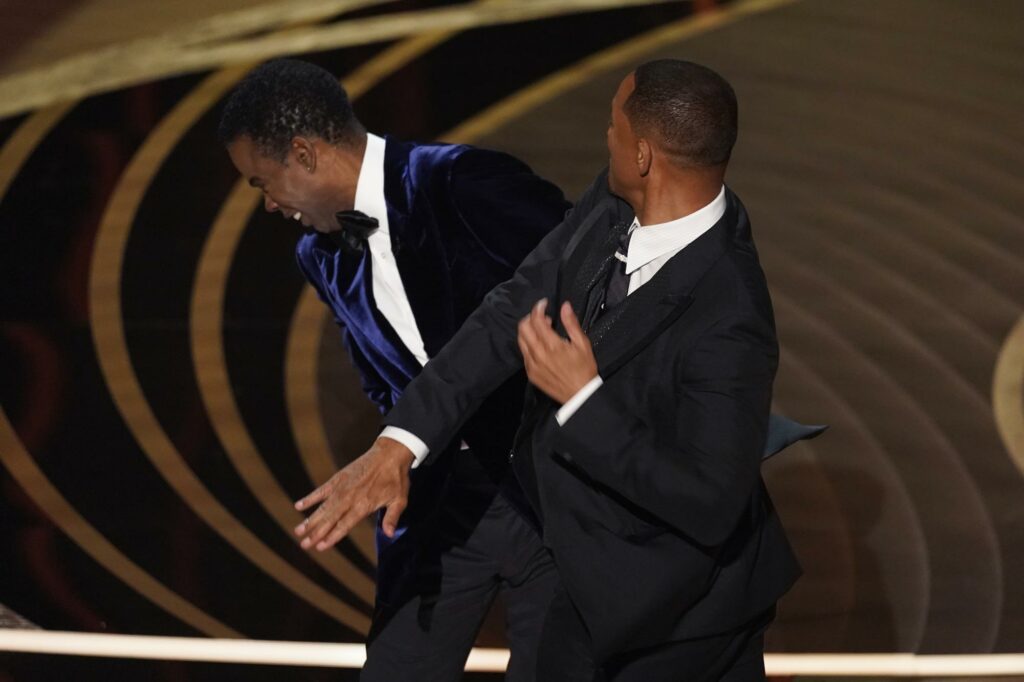 Years before the #metoo era, women like Patricia Arquette were making use of their platforms on big stages (in her case, an Oscar acceptance speech in 2015) to bring light to an unjust wage gap within the confines of Hollywood. But it took the power of Ronan Farrow’s explosive article about Weinstein a few years later to force the issue.
Years before the #metoo era, women like Patricia Arquette were making use of their platforms on big stages (in her case, an Oscar acceptance speech in 2015) to bring light to an unjust wage gap within the confines of Hollywood. But it took the power of Ronan Farrow’s explosive article about Weinstein a few years later to force the issue.
Has Hollywood done a better job in the years since? Some would suggest that there’s been good movement in the right direction. There’s been a growing trend to balance the pay of the talent if a project gives equal time to the female lead. So instead of the male lead getting grossly more, female leads are negotiating for much better wages and winning.
But behind the scenes, female writers and skilled workers are still largely outnumbered by their male counterparts. Some industry leaders and studios have been outspoken about balancing this out, but they say it will take time.
As for the LGBTQ and their part of gender equality, stars like Elliott Page are making progress but casting choices are still head-scratchers at times. Gay and trans actors are still asking for fair representation and wondering why straight actors are getting gay and trans roles in movies and tv.
Photo credit: Elyssa Fahndrich
Steps To Consider For Revising Industry Ethics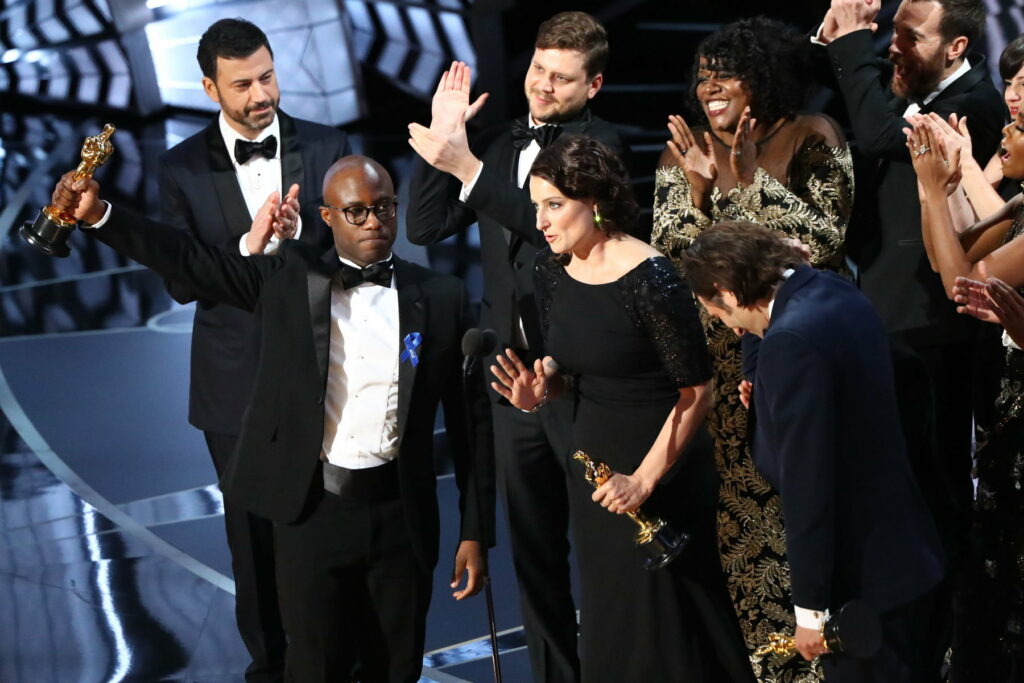
Many have weighed in on how to make sure there are better practices in Hollywood that lead to equality and fair opportunities. Even Harvard Professor Alan Jenkins has provided insight into this, and we’ll look at some of those as they can also apply to fair treatment of all genders.
Jenkins first suggests that stereotypes are a big part of the problem and the industry should consider eliminating their usage. Black men are often characters that are poor, uneducated, violent, and scary. Black female characters are portrayed as crass, highly sexual, and rude.
Gay male characters are often portrayed as over-the-top, lispy, fancy, and feminine. Gay women are often portrayed as manly, and crude, or they are over-sexualized. Trans characters are portrayed often as caricatures of the real population.
With these types of missteps, Hollywood perpetuates bad ideas about other races and genders. Jenkins says that a “bigotry pass” on the content of scripts would help. If the bias represented in scripts has no necessary place in the story, then take it out. At least, see if it still works without all the bias.
Tell More Stories About Injustice
Jenkins also suggests that if we create more content that highlights systemic issues and injustices. It’s hard not to see the logic in this, as seeing injustices portrayed more often can potentially rally support for change. Hollywood doesn’t have to do away with superhero movies in order to tell stories about the female wage gap and racial profiling.
Press The Issue
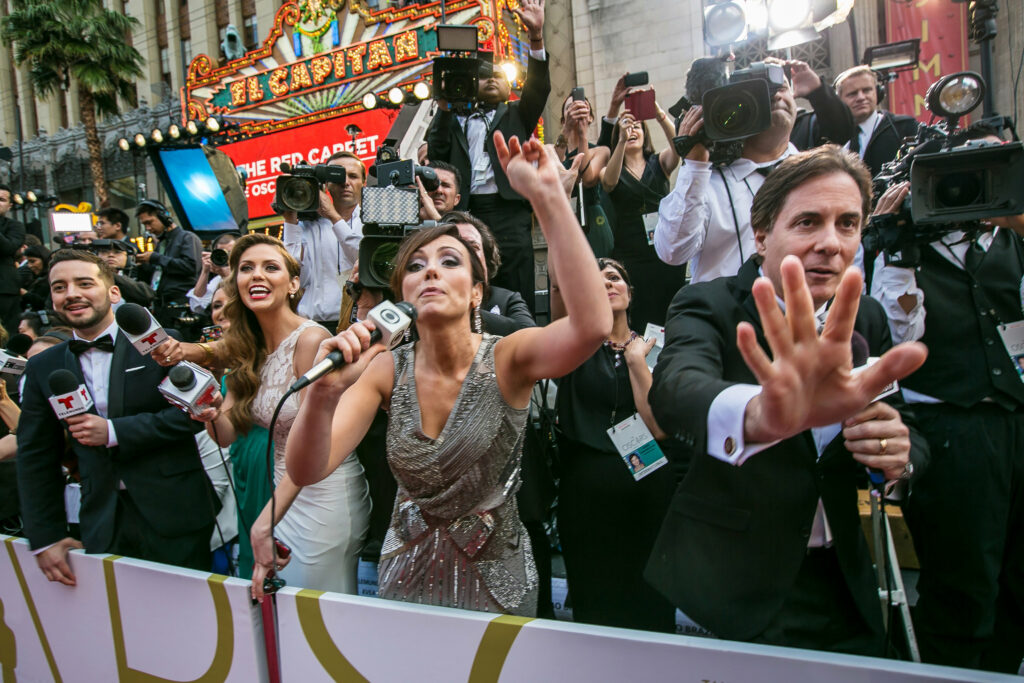 Diversity and fairness are great ideas to talk about and work towards, but like many other great endeavors, we almost always need policies and even laws to make a real dent.
Diversity and fairness are great ideas to talk about and work towards, but like many other great endeavors, we almost always need policies and even laws to make a real dent.
According to a report by Color of Change, 90% of showrunners in Hollywood are white and 66% of all shows had no black writers on the team. The numbers for all females are not much better. In many cases, men outnumbered women 5 to 1 in the writers’ room and even worse when it came to the ratio of showrunners.
Knowing this, it’s not hard to understand why bias exists in any form. If most of the industry that crafts content and leads the projects are white men, then little balance and sensitivity can be expected. Other voices besides white males need to be in the room. But, as Jenkins suggests, this may require reforming things from a more legal angle.
If Hollywood can’t police itself, then it’s likely that laws and regulations will. Can this be avoided? The answer to that is unclear.
Support Organizations That Are Already Doing The Work
This is something already being done on a small scale, and mostly by individuals within the industry. But the more powerful hitters in Hollywood can demand that studios and leaders invest and donate to people doing a lot of the hard work already.
Jenkins suggests that supporting these causes is extremely helpful. As we all know, sometimes giving money towards good ideas is the best we can offer, and we should consider it.
Responsibility Matters
This consideration isn’t just something Jenkins came up with. People like Mo Ryan, journalist, and writer for places like Hollywood Reporter, NYTimes, and HuffPost, have long been on record that accountability and responsibility are a big part of the problem. Or, the lack thereof.
Exposing one abusive or discriminatory individual or company is important, but for every bad deed or unfair bias in the entertainment workplace, there are scores of people that allow it to happen. Nobody seemed to care when bad practices were taking place. They just became accepted as part of the system.
So the system has to change. And that has largely to do with having to pay for the misdeeds and the bad oversight that let them occur. Knowing that bad things happen isn’t enough. Action steps have to be taken and apologies made. This is something Hollywood is not good at.
The entertainment industry makes a living selling ideas and fun diversions to the masses. It’s hard to sell those things when you are exposed for excluding people of color, forcing women to endure sexual harassment from executives or co-workers, or excluding gay and trans stories from your inventory altogether.
But where the idea of accountability might seem like an easy part of the solution, this is the one that the industry has the hardest time wrapping its mind around. We are still waiting for a wage policy from all the major studios. We are still waiting for a hard-lined policy change related to the inclusion of the LGBTQ community.
Follow The Money
A research report from McKinsey & Company states that the film and tv industry is missing out on over $10 billion dollars per year simply by overlooking black-led projects.
2,000 films were analyzed and dozens of industry professionals in all fields were interviewed and they concluded that Hollywood could make an extra 7% each year if they weren’t undervaluing projects consisting of mostly black talent, both in front and behind the camera.
This research says nothing about what Hollywood is missing out on by excluding the voices of women and the LGBTQ community. So it’s likely that billions more are being left on the table just from that.
As the saying goes, money talks. And many industry pros (and fans) hope that this sort of money will speak volumes to the industry if nothing else will. It does not solve all the problems, but money can offer power and voice to anyone who has it. So there’s hope that Hollywood notices this shortcoming and tries to tap into it.
If they do, then they’d have to expedite their process on allowing for equality and policing bias within their standards and practices.
